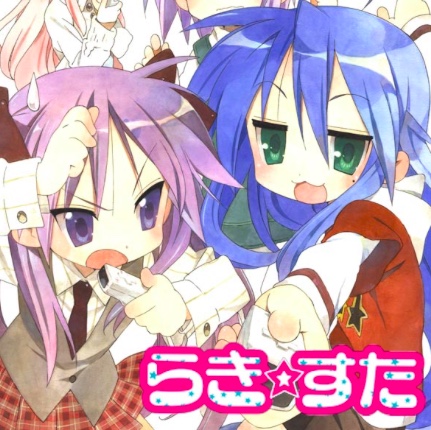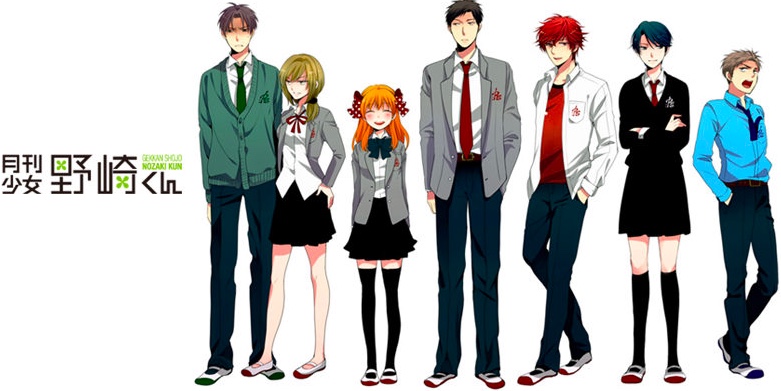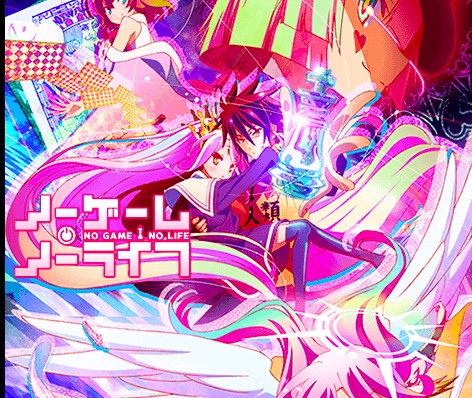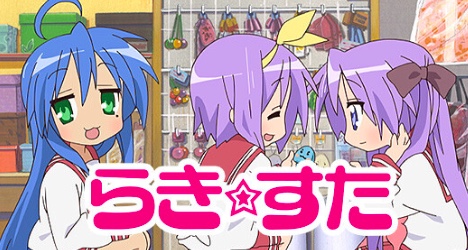Even well-known masterpieces frequently do not get sequels. We shall discuss the reasons for the lack of anime sequels in this essay.
There is no stock of the original work
It is physically challenging to make a sequel if there is no stock of the original work. Too well-known works could be repurposed into an original-story anime. However, there is criticism from fans of the original work, so it is frequently not done.
Production Company and Voice Actor Schedule Issues
It is also physically difficult to produce a sequel when the production company and staff’s schedules are filled with other works. In some cases, if a voice actor is on hiatus or otherwise inactive, production may have to wait until the voice actor returns.
Low Blu-ray & DVD sales
According to rumors, Blu-ray and DVD sales have a significant influence on the creation of an anime sequel; if an average of 5,000 copies are sold, a sequel is quite likely to be made.
If sales are much below average, the anime’s production costs will be negative, making it challenging to make a sequel.
However, with the current proliferation of video distribution services, there is a possibility that video distribution companies may decide to fund the production of a sequel based on users’ viewing habits.
If there are sales of overseas distribution rights or exclusive distribution rights, they may turn a profit even if the Blu-ray & DVDs do not sell well.
Anime that sold well, but no sequel has been produced
Lucky Star

Legendary anime of high school girls’ airy daily comedy. Based on an airy school comedy manga, Lucky Star was produced by Kyoto Animation in 2007. The main focus is on high school girls having casual, everyday conversations, which was very rare at the time. The addition of comedy and parody made it an explosive hit. With Blu-ray and DVD sales of 38,671 copies, it has become one of the top-selling works among Kyoani’s productions.
So why not do a second anime season?
At the time of broadcast, there was a reason that the original stock had run out, and a sequel could not be made immediately, but several years later, the original stock has been saved, but for some reason, there has been no move to produce a sequel.
There were rumors that the popularity of the original story fell because the main characters graduated from high school and fell apart, but in other cases, we consider that Kyoani’s problem is the main reason. The fact that Rakisuta became a hit was due in large part to the fact that it was produced by KyoAni. Kyoani at this time went on to produce the second season of Haruhi, K-ON! Hyouka, and Chunibyo. KyoAni also participated as a sponsor in the production of the anime they produced.
Due to their current situation, it is conceivable that even if they had been approached to produce the second season of Rakisuta, they would have declined since they preferred to focus on other projects. In that instance, if they wish to create the second season, they would also need to locate a sponsor in addition to a new production company.
The second season’s work was halted due to this obstacle, and I believe it may have lost focus as a result of a missed chance.
Monthly Girls’ Nozaki-Kun

Gekkan Shoujo Nozaki-Kun is an anime produced by Animation Studio in 2014, based on a popular manga about a high school boy who is a girl manga artist.
The heroine Chiyo, who falls in love with Nozaki-Kun and is swept up in love and making manga, was a hit with both men and women for her laughter and heartthrob.
The original manga sold over 7 million copies.
With Blu-ray and DVD sales of 15,254 copies, it is one of the representative works of Animation Studio.
Yet, there is no indication that a second anime season will ever be made.
At the time of broadcast, the stock of the original work ran out, but now there is enough saved up, and Animation Studio, which was in charge of production, is usually making the second season of other works as well.
Some say that the reason for the rumored lack of production is not the publisher’s policy, since Gan Gan Online, which publishes the original work, has rarely had a second anime season made.
Another argument might be that the original work took some time to save up and that the current heat has significantly cooled off, so even if a second season is produced now, it might not be made since it is anticipated not to be a hit.
No Game No Life

No Game No Life is a 2014 production by Madhouse based on a novel.
The plot is a fantasy world where conflicts are not possible and even the taking of nations is determined by games, despite the fact that it is a typical otherworldly summoning story.
A brilliant gamer brother and sister are called to such world, where they comedically rob the country.
The novel setting and characters were well received, and Blu-ray and DVD sales reached 10,573 copies.
There is no second season of the anime even though it sold over 10,000 Blu-ray and DVD copies and the movie produced in 2017 was also a hit.
The most rumored reason for this is.
Because the author got sick (and is now back from a long break) and there is not enough stock of the original work, because the popularity has fallen because of the time gap, or because there were problems with the portrayal of one of the main characters, the 11-year-old sister, White, etc.
Regarding these, I don’t believe there is a significant problem because there is already stock for a second season and sales of the original work are accelerating compared to previously. If there are issues with the depiction, the second season has to be altered.
The most plausible reason is that the original author was in the script for the first season of the anime, so I think it is because the author wanted to be in the script for the second season as well if they were going to do a second season.
And up until now, his health had prevented him from doing that, so he had to decline the offer when it was made.




Comments